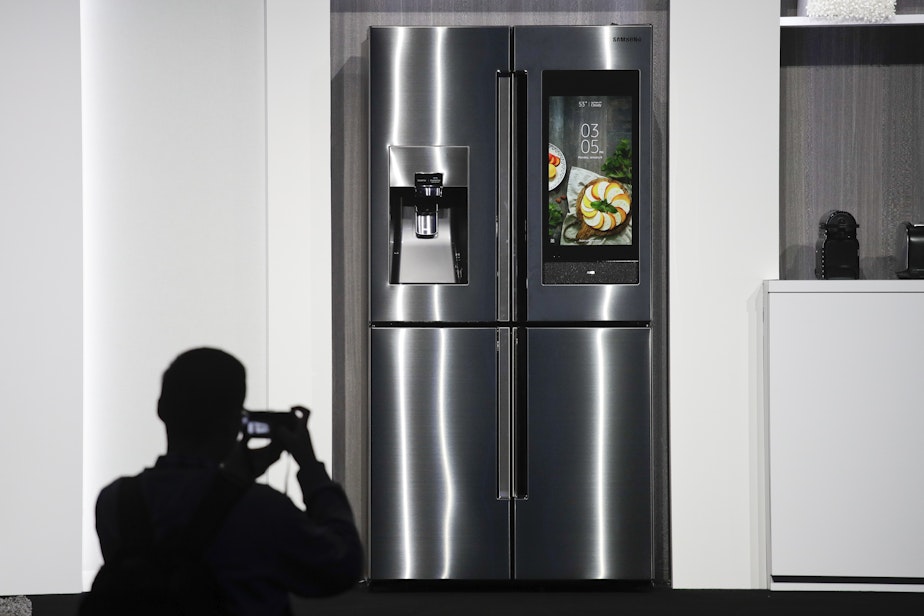Are you ready for Amazon to be the brains in your house?

Amazon is busy thinking up all kinds of futuristic plans for how we live.
One area is the Internet of Things (IoT), basically when all your stuff – washing machines, tea kettles, appliances – are connected to the internet and controlled by artificial intelligence.
There’s some cool ideas there: Imagine being at the grocery store and pulling up the inside of your fridge so you can see if you ran out of milk or not.
But here’s the problem: all that technology is rolling out before we understand its potential consequences.
On this episode of Prime(d), we talk with David Choffnes, Assistant Professor in Computer Science at Northeastern University. He helps run a lab studying IoT devices.
“When you get the convenience of being able to see things or be able to control things remotely, it's almost always the case that these devices are enabling it by exchanging information with some other party —and that other party is usually someone like Amazon,” Choffnes said.
“The thing that keeps me up at night is that we have is that there's a large amount of information sharing where we just can't see what's going on.”
Sponsored
Despite all Choffness's pessimism about data privacy, he loves the idea of safe, connected technology. "What I would like to see is these devices that have the rich functionality that we enjoy as a society, but have better protection of our data privacy."
So just how much data is going in and out of our homes? Is it a constant deluge of chatter from devices communicating with their makers?
"To help answer this, we have a real-time visualization going on in our lab on a big TV screen," Choffnes said. "It may look like nothing is happening, but over invisible wireless channels, the devices are chatting with each other and over the Internet."
In a given day, Choffness said that 30-40 active devices in their lab are transferring hundreds of megabytes of data — and sometimes even more when devices are upgrading themselves.
Listen to the podcast by clicking the play button above or wherever you get your podcasts. Our theme song is "Ripples on an Evaporated Lake" by Raymond Scott. You also heard "Heartline" by Pezzner, a Seattle artist.




